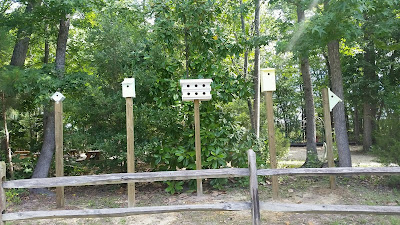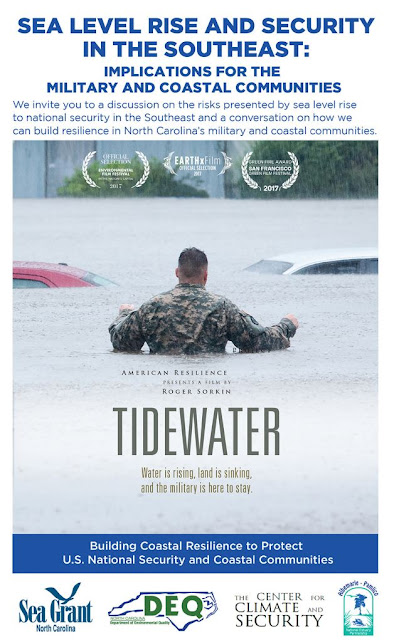Congratulations to Paul Mazzei for completing the N.C. Environmental Education Certification. Paul is the Public Programs Coordinator for the N.C. Aquarium on Roanoke Island. Paul serves as an interpreter for live animal encounters, theater programs, and the aquarium's interactive dive program.
The aquarium where Paul works is one of three public aquariums on North Carolina's coast. The Roanoke Island aquarium is located in the town of Manteo, which is part of Dare County. Paul's community partnership project arose out of a desire to make the aquarium more accessible to the Latino population in Dare County. To come up with a project idea, Paul worked with the aquarium's partner organization, Mano al Hermano. Mano al Hermano is a nonprofit organization that provides English language tutoring, legal information, a community garden, and other services to Latino community members in Dare County.
After talking with the staff at Mano al Hermano, Paul decided to create a nature club for third through sixth grade students involved in Mano al Hermano's Family Literacy Program in Manteo. The nature club meets one Sunday per month for approximately three hours. Participants interact with live animals at the aquarium, sing songs, and take part in educational outdoor activities. Paul was able to offer the nature club and transportation to the programs through a grant from Nature Play, part of the Disney Conservation Fund.
 |
| Paul singing songs with participants in the Mano al Hermano nature club |
To learn more about the interpretive programs offered at the aquarium, visit the N.C. Aquarium on Roanoke Island website. To learn more about the N.C. Environmental Education Certification Program, visit the Office of Environmental Education website.



























